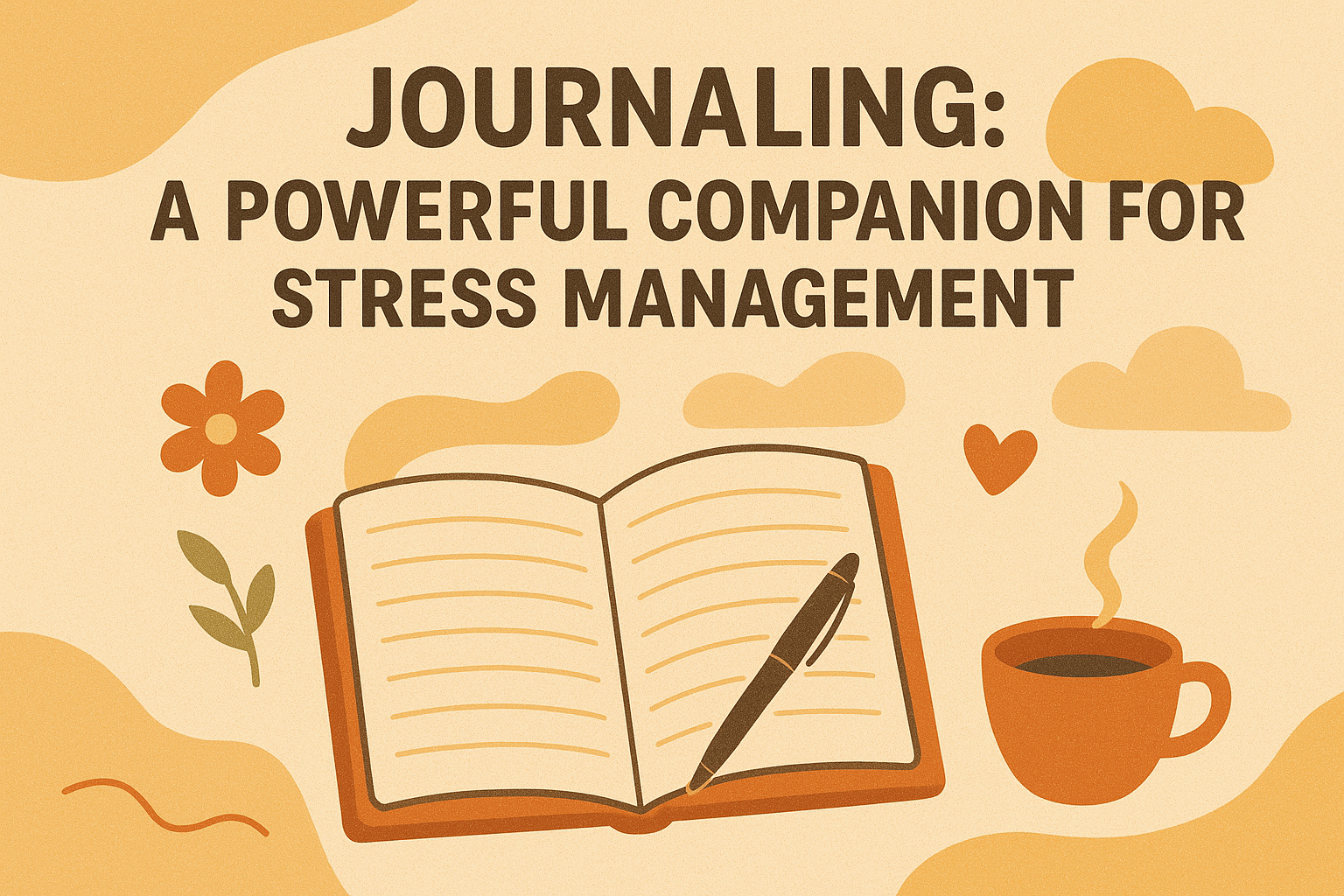There are no items in your cart
Add More
Add More
| Item Details | Price | ||
|---|---|---|---|

Inspired by my ongoing read: “Stop Overthinking” by Nick Trenton.
In my previous post, I spoke about the 4 A’s of Stress Management (Stop Overthinking by Nick Trenton).
Today, as I continue to read and reflect, I’m excited to share another wonderful tool that I now have more insights into - Journaling.
So let’s start with Why Journaling?
Research shows that journaling can help:
Improve emotional regulation
Reduce depression and anxiety symptoms
Enhance overall wellbeing
Just 15–20 minutes a day over a few days can make a noticeable difference!
Here’s a variety of journaling styles you can explore:
1. Positive Affect Journaling (PAJ) - where you write about a difficult experience and shift the focus to:
Gratitude
Support you received
Your core values and strengths
2. Stress Diary: Capture moments when stress spikes. Track:
Date, time, mood
Triggering event
Your response
Impact on your productivity
Patterns you spot can help you manage stress proactively.
3. Gratitude Journal: Every day, note 3–5 things you are grateful for. Helps reframe challenges as opportunities and strengthens resilience.
4. Emotional Release or Dump Journal: Pour out emotions without judgment. It’s like decluttering your mind, offering emotional release and clarity.
5. Bullet Journal: Quick, organized notes about tasks, moods, goals. Great for structure and staying mindful without feeling overwhelmed.
6. Guided Journal: Use journals with prompts to guide reflection, especially useful when you don't know where to start.
Example prompts:
“Today I learned...”
“A challenge I overcame recently…”
A few more journaling types you might enjoy ( not listed in the book):
7. Art Journal: Express yourself through doodles, sketches, colors, and collages. A wonderful outlet for visual thinkers!
8. One-Line-a-Day Journal: Capture one sentence each day summarizing your feelings, a win, or a reflection. Especially helpful if you're short on time.
9. Prompted Reflection Journal: Focus on deeper life questions, such as:
“What does success mean to me?”
“What lesson did this challenge teach me?”
This style encourages self-inquiry and deeper insight.
10. Vision or Manifestation Journal: Document dreams, goals, affirmations, and steps you’re taking toward them. A great tool for building optimism and motivation.
Irrespective of which Journaling approach you go with remember to end every journaling session with something grounding—a mantra, a positive visualization, or a few calming deep breaths and it doesn’t have to be perfect!
This inspiration comes from my current read, "Stop Overthinking" by Nick Trenton. As I continue this journey, I look forward to sharing more learnings and reflections with you.
